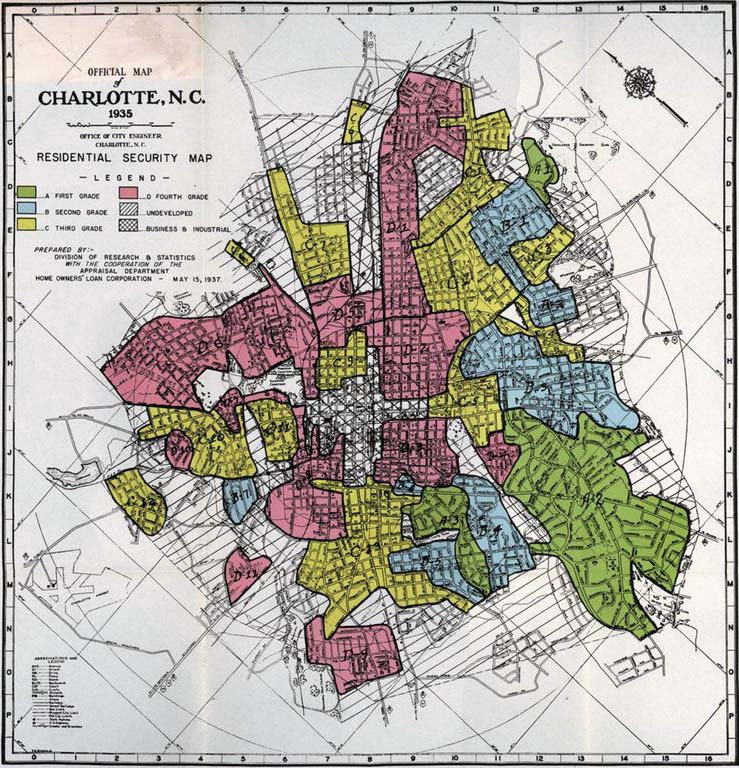Cooperatives and Unlocking Economic Potential

Leveraging Collective Resources for Common Goals
A cooperative is a type of organization where a group of people come together to pool their resources, skills, and knowledge to meet common needs and goals. These could include things like buying supplies in bulk, selling products and services, or providing mutual support to members.
The scope of cooperative activities encompasses a wide range of endeavors. One crucial aspect is the cooperative’s ability to engage in collective purchasing, which allows members to procure supplies, materials, or services in bulk at lower costs. Leveraging combined buying power can allow cooperatives to negotiate favorable deals that create more value for it’s members.
Collective selling is another pivotal function of cooperatives. Members unite to market and distribute their products or services, thus amplifying their reach and influence in the market. This unified approach empowers individuals & small businesses to compete as a group to gain larger market access and reach more potential customers.


Fostering Mutual Support and Collaboration
Mutual support is a core value of cooperatives. Cooperatives provide members with a supportive network where they can share knowledge, experiences, and resources. This mutual assistance can take various forms, such as mentoring, training programs, technical assistance, or cooperative education initiatives. Collective learning and support allows cooperatives to empower their members and enhance their skills to overcome challenges and thrive collectively.
Member Ownership and Responsibility
One fundamental principle of cooperatives is the principle of shared ownership, management, and governance. Cooperatives ensure that each member has an equal say in the organization’s affairs, unlike traditional business models where decision-making is concentrated in the hands of a few. This community governance structure allows members to participate actively in shaping the cooperative’s policies, strategic direction, and operational decisions. Shared management fosters a sense of ownership and responsibility among members, strengthening their commitment to the collective enterprise.
Equitable Distribution of Benefits and Sharing the Rewards
The benefits generated by a cooperative are distributed among its members based on their level of participation. Cooperatives emphasize equitable distribution of profits, ensuring that everyone involved reaps the rewards for their collective efforts. This equitable sharing of benefits ensures a more balanced and fair outcome for members. All members have a common goal to promote a sense of fairness, cohesion, and long-term sustainability within the cooperative.
Adaptability Across Industries from Agriculture to Finance and Retail
Cooperatives can be found across diverse industries, adapting their principles to suit specific contexts and needs. Agricultural cooperatives enable farmers to jointly access resources and markets. Financial cooperatives like credit unions provide affordable banking services to their members. Retail cooperatives bring together consumers to purchase goods collectively. Housing cooperatives facilitate shared ownership and management of residential properties. The cooperative model is versatile and adaptable to various needs.
Conclusion
In summary, cooperatives are purpose-driven organizations that unite individuals with shared interests, enabling them to pool resources, skills, and knowledge for the collective benefit of all members. Cooperatives have played a crucial role in empowering individuals, communities, and industries to thrive by embracing principles of cooperation, mutual support, and shared governance.


 English
English 

























